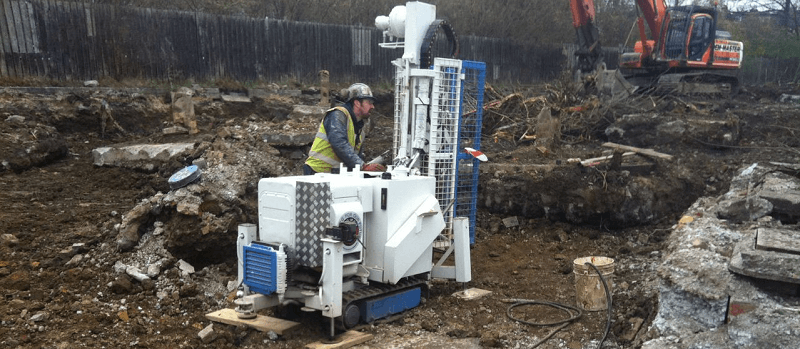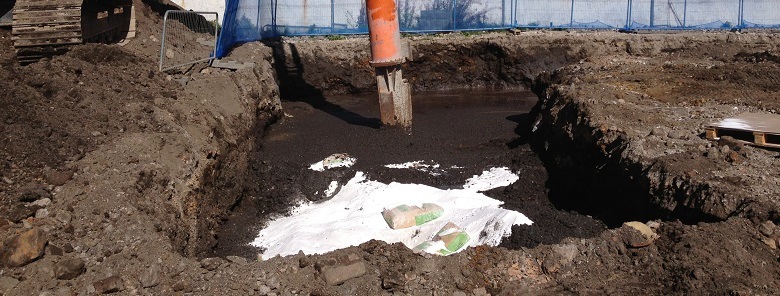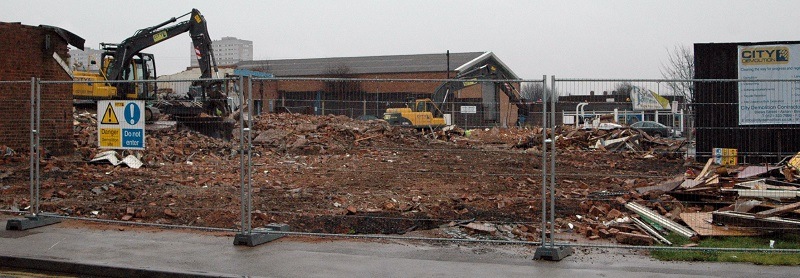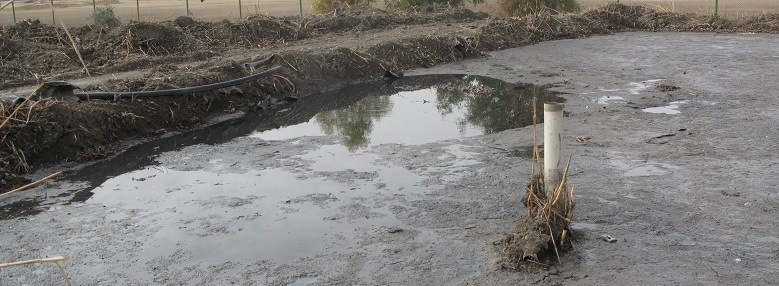A couple of tips for you if you’ve unfortunately had an oil leak or spill.
Firstly are you safe…?
If you’re not sure, get out (raise the alarm) and call the fire brigade.
What constitutes being safe?
– The first thing to look for is oil, if you can see it lying on surfaces then you may have a fire hazard and your best plan will be to get out and raise the alarm.
– Vapours are the next concern. When a spill or leaks occurs odours will become apparent. If they are strong, i.e. they make you dizzy, give you a taste of oil in your mouth, then your health may be at risk and you should immediately leave the area and get assistance.
If you think it is safe, and help is far away, then here’s a good plan of action.
- Stop the leak – our ’3 ways to stop an oil leak blog’ may help you carry this out.
- Contact the specialists, start with your heating engineer and move on to your insurance company or call us.
- Stay away from the suspected impacted area – this could be rooms filled with vapour (oily smells), saturated soils (shown by dead plant & grass), oily surface waters.
If in doubt why not call our emergency hotline – 0800 0209 307
2022
Visit our oil spill clean up guide
Here we present answers to lots of your questions about Oil Spill clean up. We also cover prevention, health and safety, clean-up, as well as response plans and spill response services.
CHECK IT OUT














